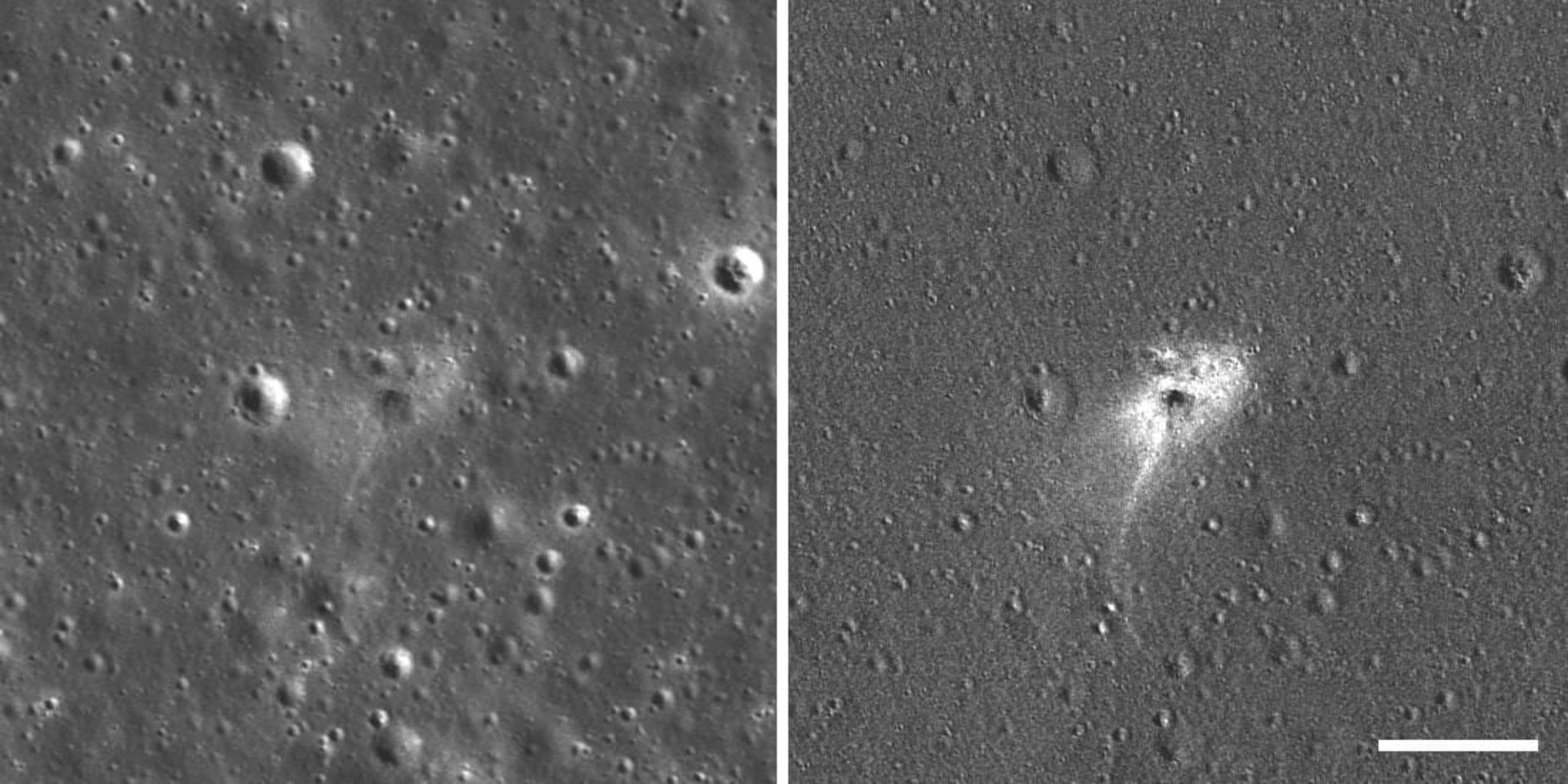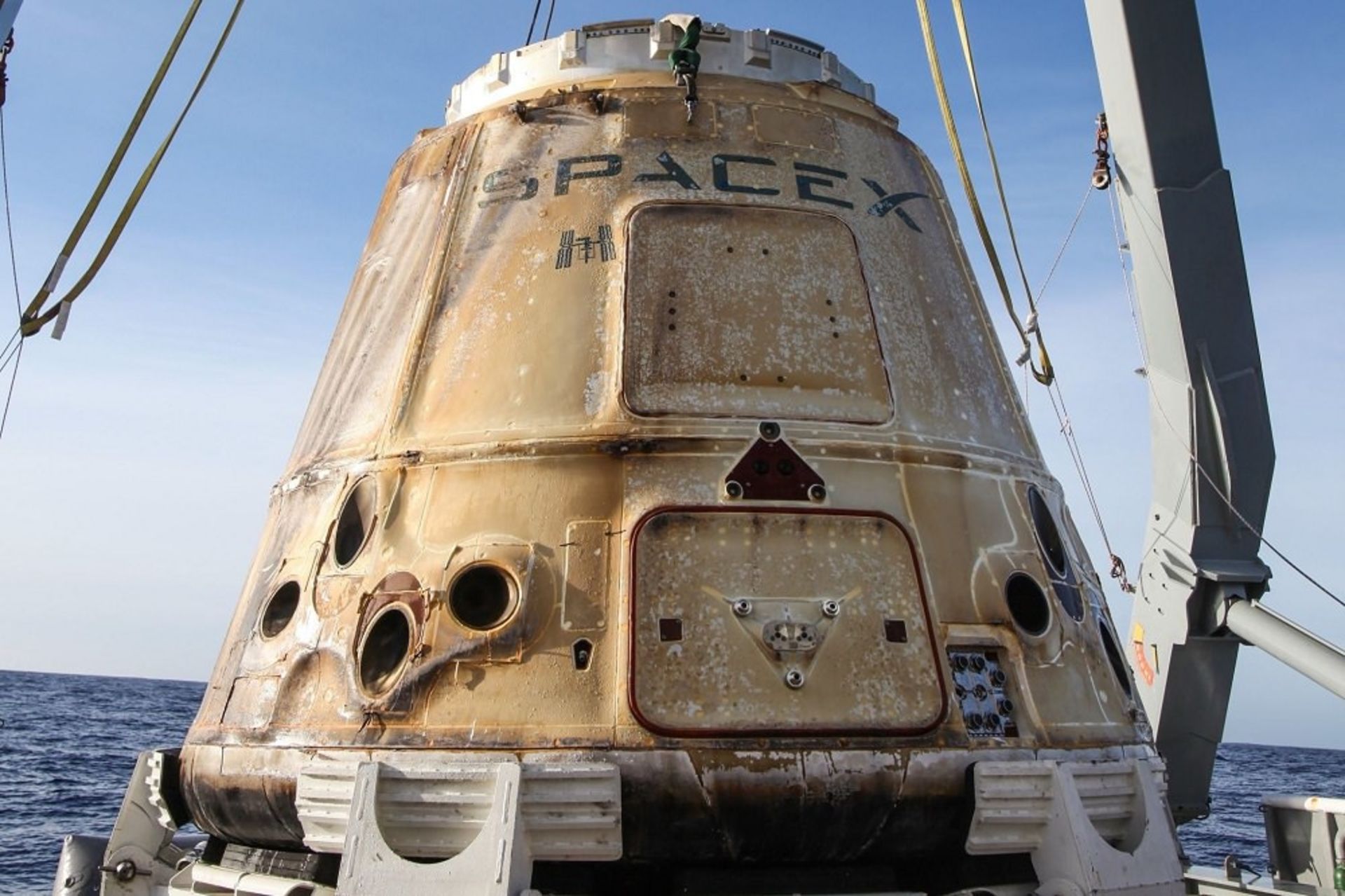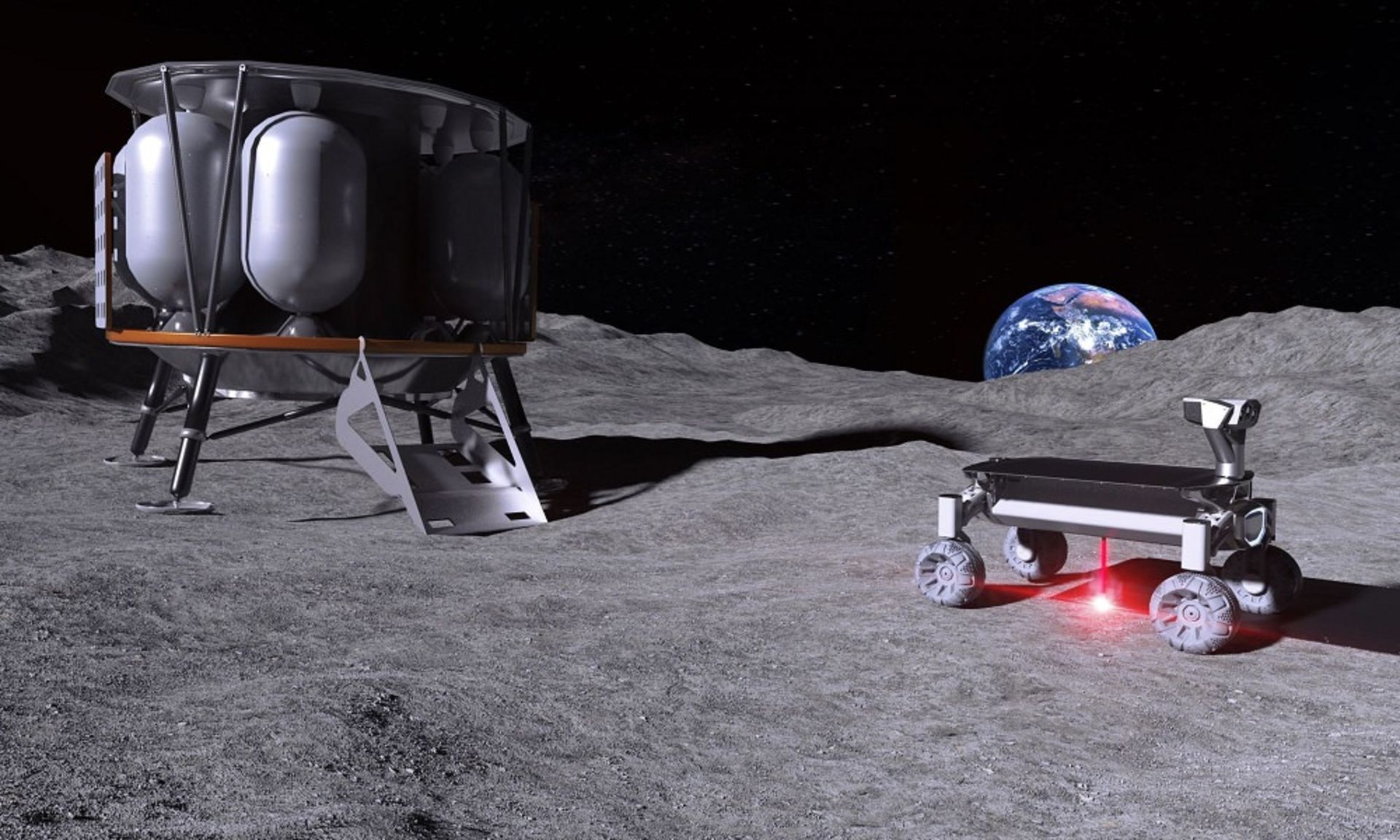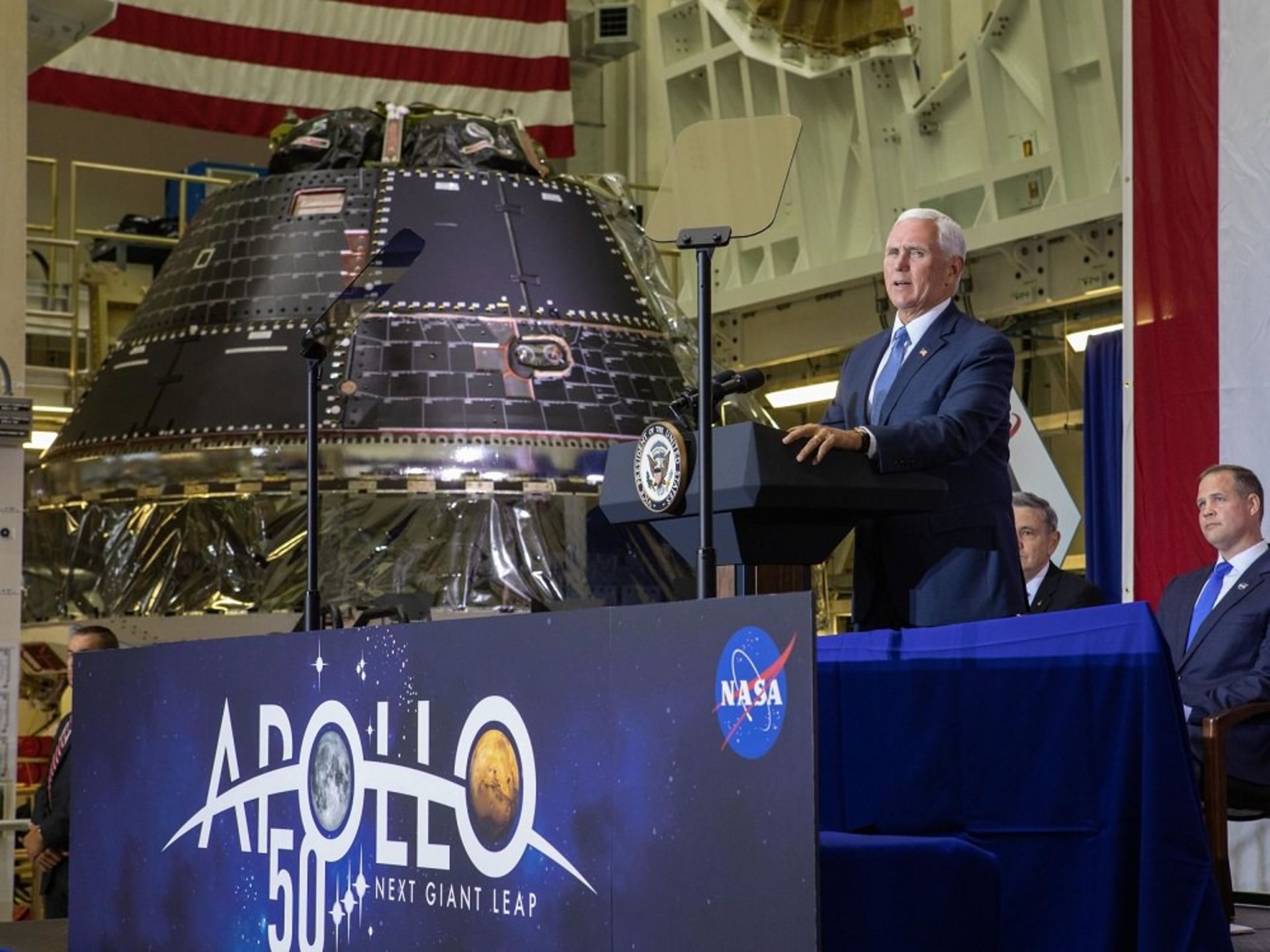Discovery of life-hosting agent on Saturn’s moon. Researchers have succeeded in discovering a life-origin molecule in Saturn’s moon Enceladus. They have also identified a complex chemistry on the moon that makes life more likely.
Discovery of life-hosting agent on Saturn’s moon
According to New Atlas, the most promising places to look for life beyond Earth may not be Mars, but icy moons orbiting gas giants.
One of Saturn’s moons, Enceladus, has recently made the list, as NASA data shows that it is home to a molecule thought to be key to the origin of life, suggesting that more chemical energy than previously thought is possible. We thought there was life on this moon.
Enceladus might not look like much, because it’s a big snowball. But beneath this icy crust is a deep global ocean that’s surprisingly habitable thanks to hydrothermal vents, and it appears to contain an array of materials important for life to form.
Read More: The secrets of the ancient lake of Mars
Over the years, scientists have identified complex organic molecules, phosphorus, methane, and other compounds needed for life to form that can be released by microbes. In another study, scientists exposed terrestrial microbes to these conditions and found that they thrived.
Now, a new study analyzing data collected by NASA’s Cassini probe lends further credence to the hypothesis that Enceladus is habitable for some life forms.
The team first identified hydrogen cyanide, the molecule that is the starting point for most theories about how life began here on Earth. Researchers call it a kind of versatile tool because this molecule is so versatile in forming amino acids, the building blocks of life.
The team also discovered evidence that the chemical energy sources on Enceladus are much stronger and more diverse than previously known. In 2017, scientists found evidence of potentially life-sustaining chemistry in a process called methanogenesis, consisting of carbon dioxide, methane, and hydrogen.
In this new study, the researchers found a variety of organic compounds that were oxidized, a process that helps release chemical energy in larger amounts.
“If methanogenesis is energetically like a tiny watch battery, our results suggest that Enceladus’ ocean may provide something akin to a car battery, capable of providing large amounts of energy for any possible life,” said study co-author Kevin Hand. to exist, to provide
The chemical pathways suggested in the study can be tested in the lab, the scientists note, and as the case for life on Enceladus becomes stronger, more work will no doubt focus on this strange moon of Saturn.
This research was published in Nature Astronomy magazine.



 Technology1 year ago
Technology1 year ago


 Technology1 year ago
Technology1 year ago


 AI2 years ago
AI2 years ago


 Technology1 year ago
Technology1 year ago


 Technology1 year ago
Technology1 year ago


 Technology1 year ago
Technology1 year ago
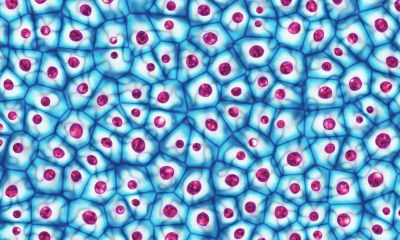

 Humans2 years ago
Humans2 years ago


 Technology1 year ago
Technology1 year ago
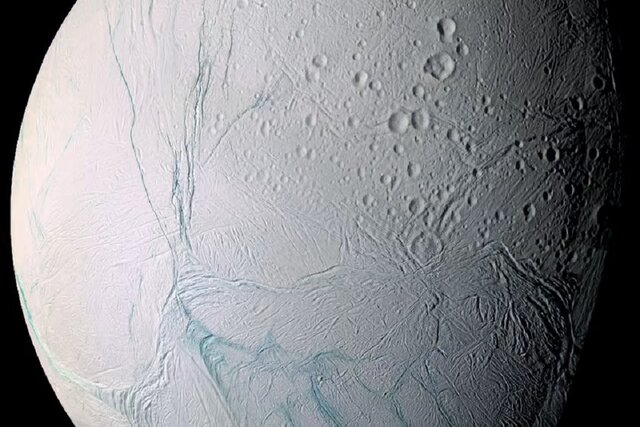

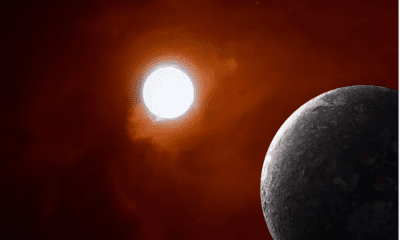

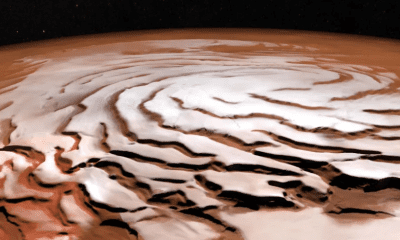





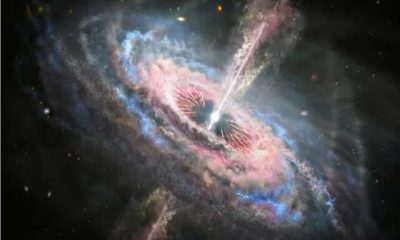

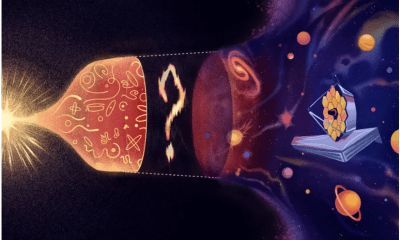


 Gravitational convergence shows the white dwarf shown by the vertical white lines. The researchers captured images of the star years before the event (a), shortly after the background star peaked in 2020 (b), and after it disappeared in 2023 (c).
Gravitational convergence shows the white dwarf shown by the vertical white lines. The researchers captured images of the star years before the event (a), shortly after the background star peaked in 2020 (b), and after it disappeared in 2023 (c).
 Images of the Red Planet from NASA’s Mars Exploration Orbiter (MRO).
Images of the Red Planet from NASA’s Mars Exploration Orbiter (MRO). NASA’s Discovery Orbiter image of craters in the Cyrene region of Mars.
NASA’s Discovery Orbiter image of craters in the Cyrene region of Mars. An image from NASA’s Discovery Orbiter of a puddle in the Dao Wallis region of Mars.
An image from NASA’s Discovery Orbiter of a puddle in the Dao Wallis region of Mars. Evidence from Earth: Cryoconite-formed cavities on the Matanuska Glacier, Alaska, 2012
Evidence from Earth: Cryoconite-formed cavities on the Matanuska Glacier, Alaska, 2012

